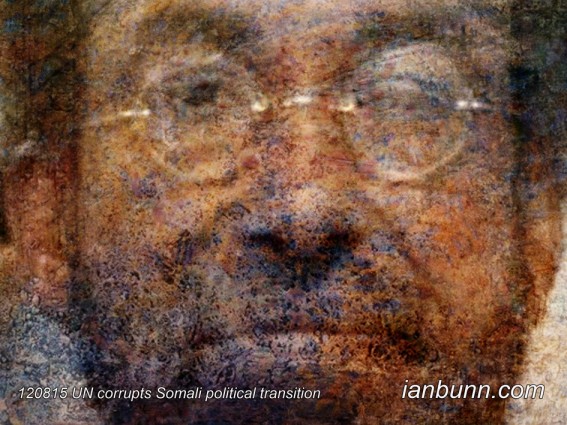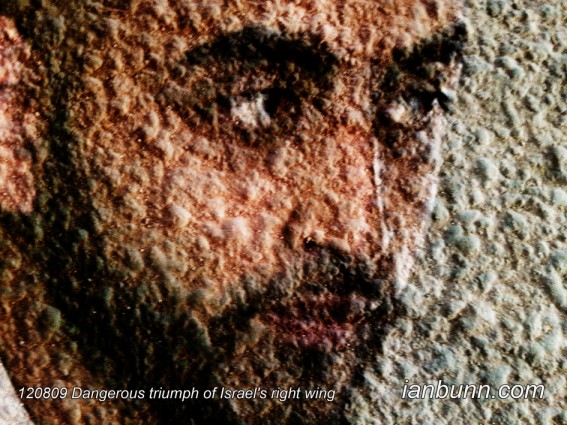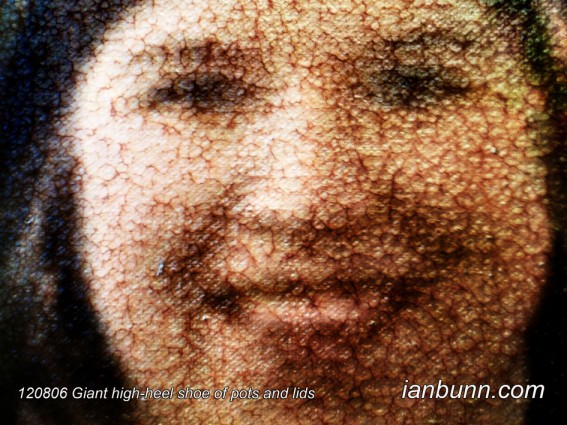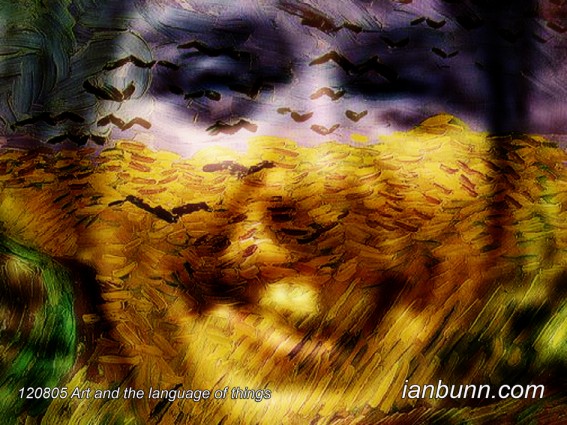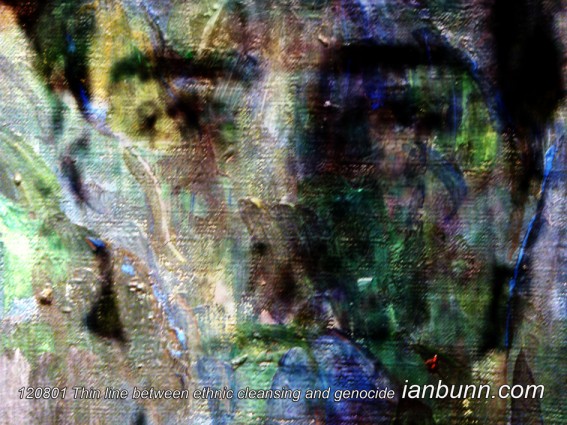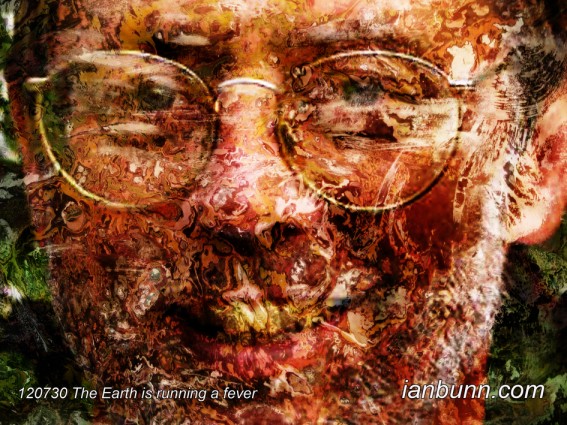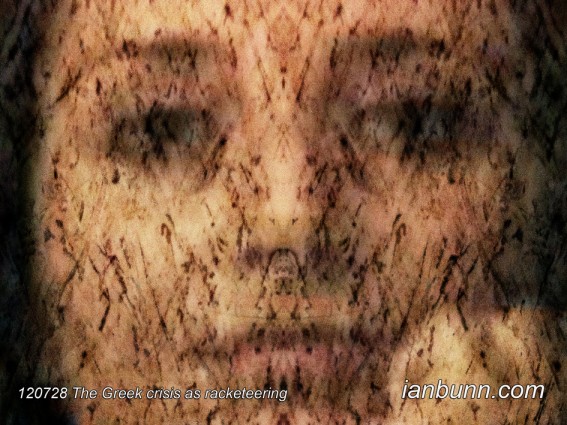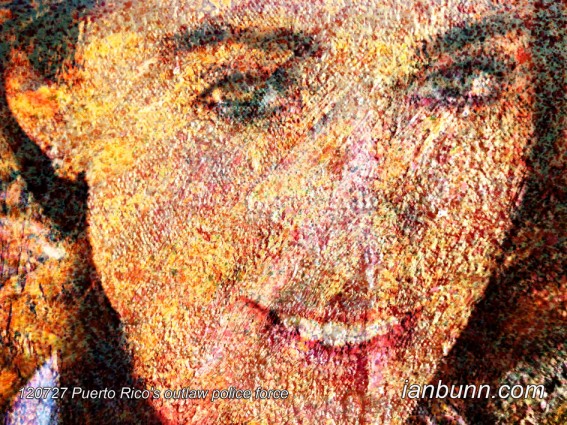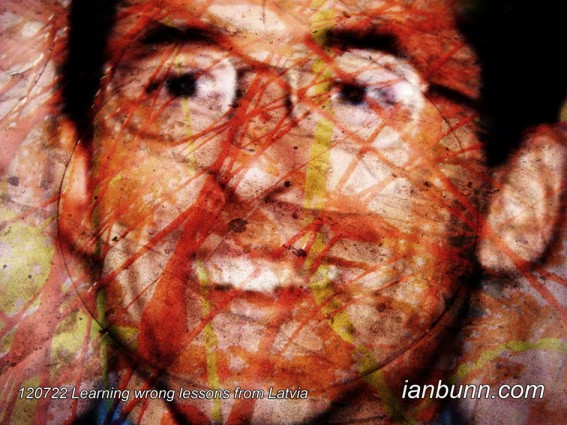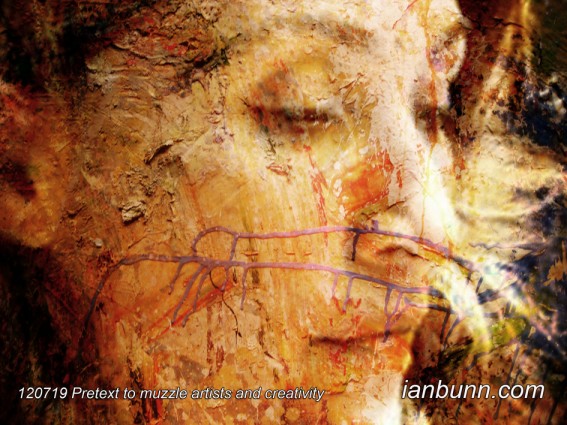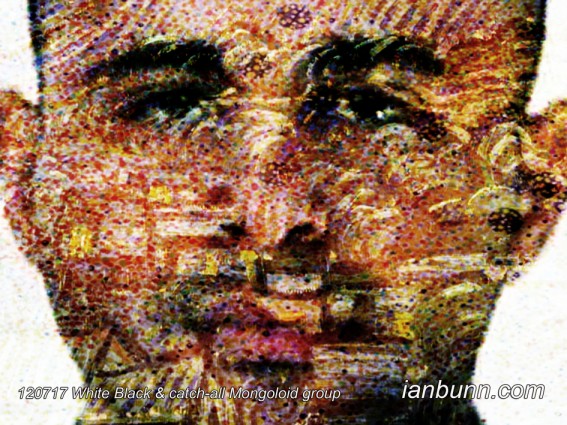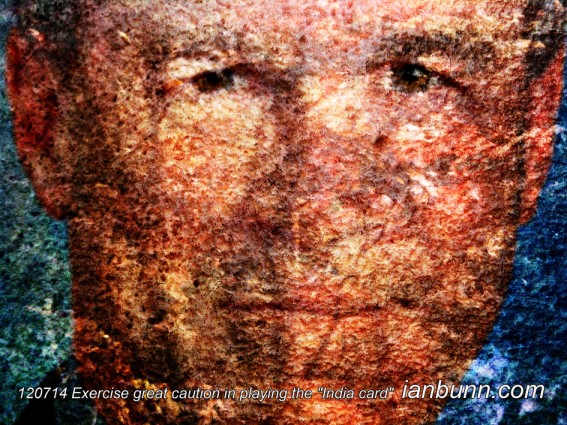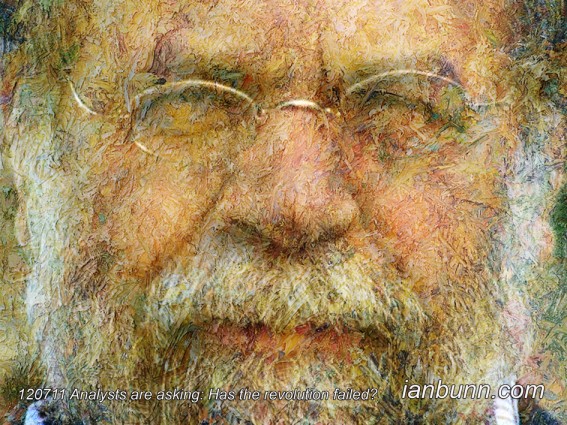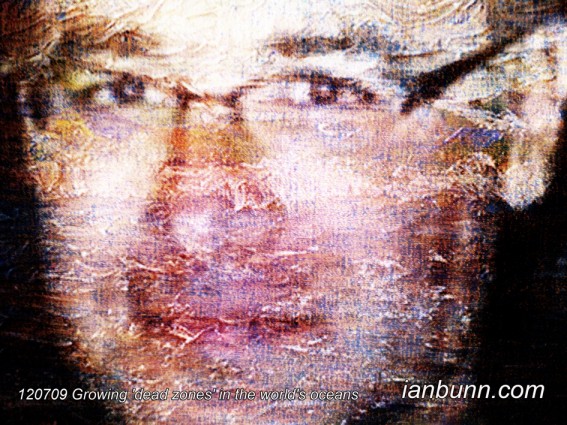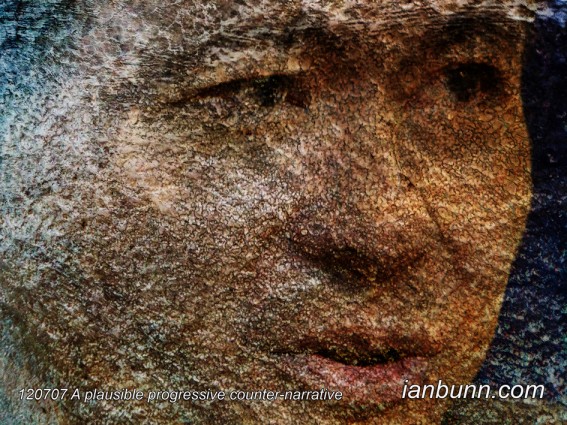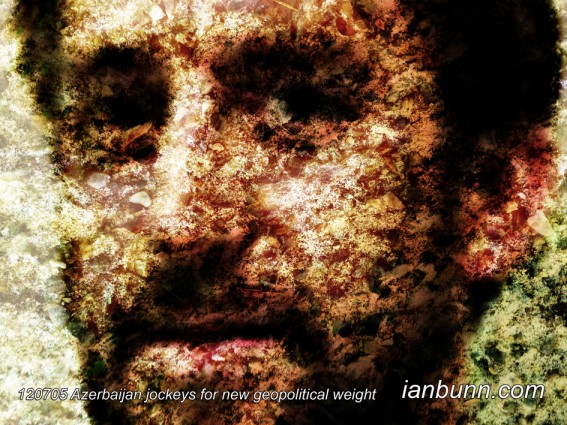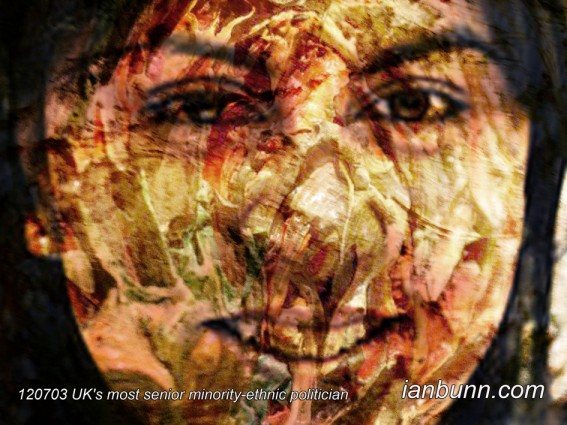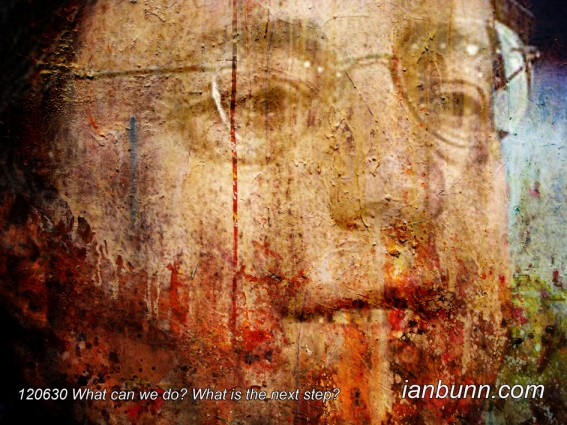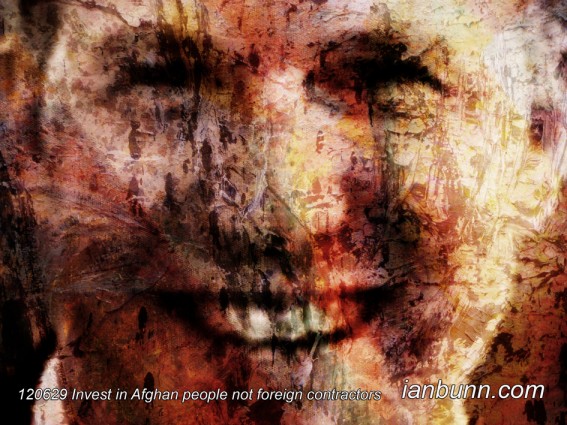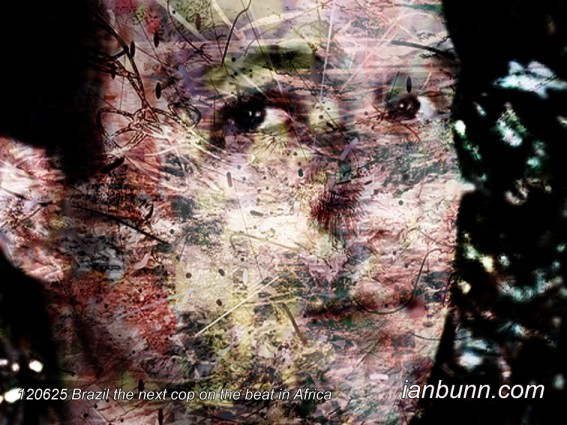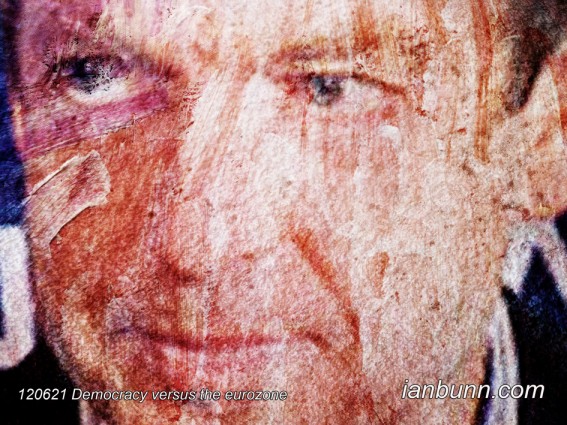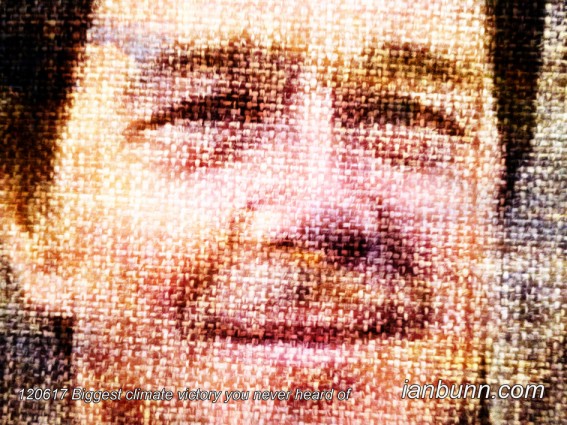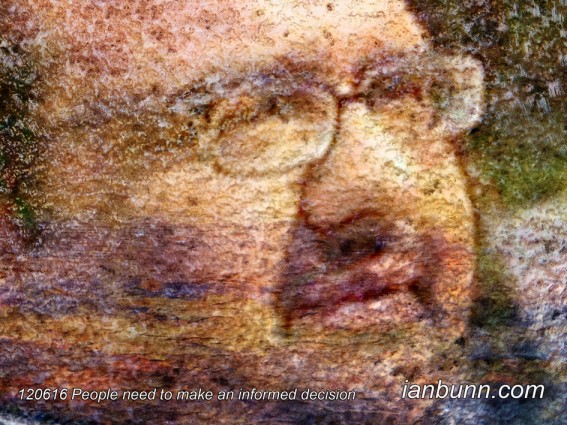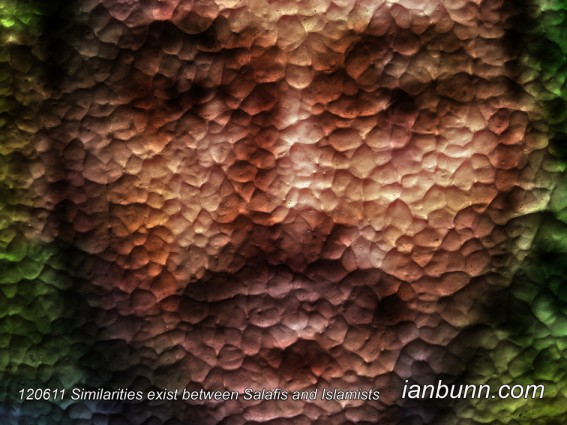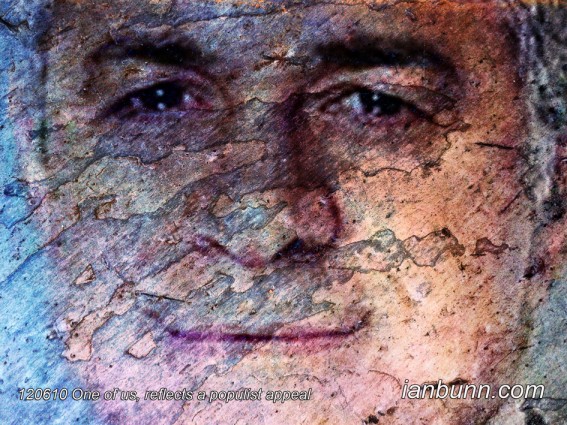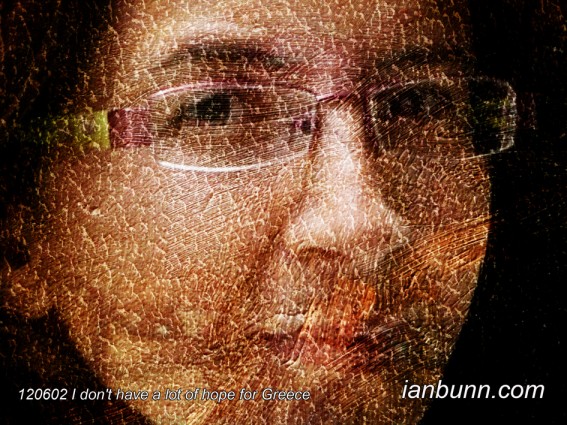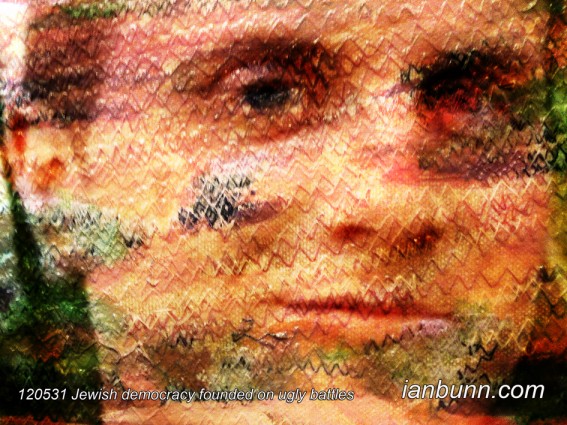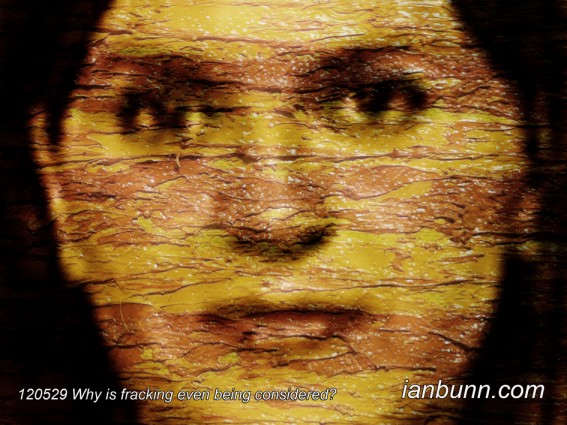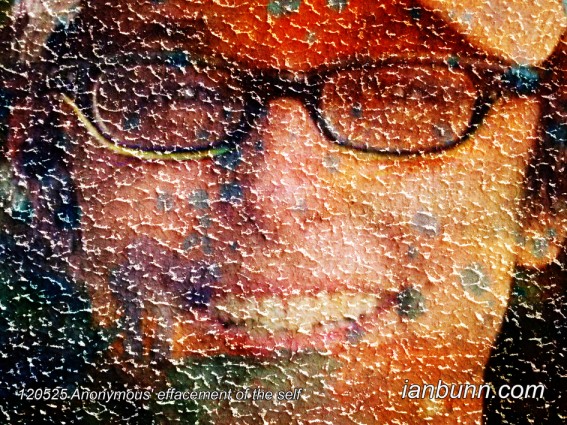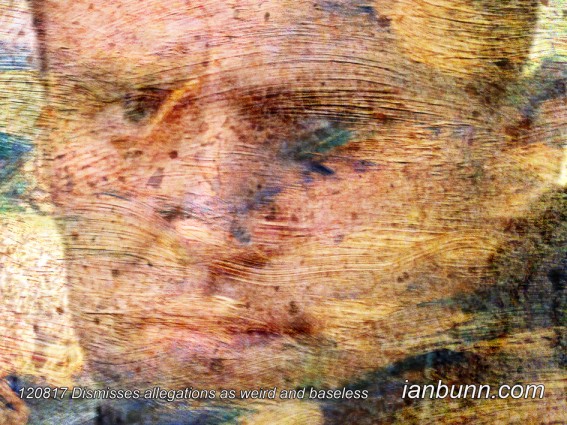 Dismisses allegations as weird and baseless (August 17 2012)
Dismisses allegations as weird and baseless (August 17 2012)
Alexei Anatolievich Navalny the 36 year old Russian lawyer, political activist and critic of corruption in Russia, especially of Russian leader Vladimir Putin, has been charged with theft accused of organising a scheme to steal assets from a state timber company. In an Aljazeera article Navalny dismisses the allegations as “weird” and baseless is said to have been “…charged with theft, and could be handed a 10-year prison sentence as the government continues its crackdown on dissent. …The State Investigative Committee said it suspects Navalny of organising a scheme to steal assets from a state timber company. The assets are estimated to be worth about $500,000. As the committee pursues an investigation against him, Navalny has been ordered not to leave Moscow. …the anti-corruption crusader has been instrumental in rallying Russia’s young internet generation against Putin’s rule. Navalny, a lawyer, led a series of rallies in Moscow that attracted up to 100,000 people after December’s parliamentary elections were alleged to have been rigged and ahead of the March election that handed Putin a third presidential term. …The government embarked on a major crackdown on the opposition after Putin’s re-election, which was also criticised as fraudulent, arresting some activists and using legislation to try to curb its activities. …The probe against Navalny focuses on events dating to 2009 when he served as an adviser to a provincial governor in the Kirov region. Investigators allege that he colluded with the head of a state timber company and a trader to rob it. A previous probe into similar allegations was closed earlier this year for lack of evidence.”
Inspired by Aljazeera ow.ly/cQLxi image source Facebook ow.ly/cQLkj
